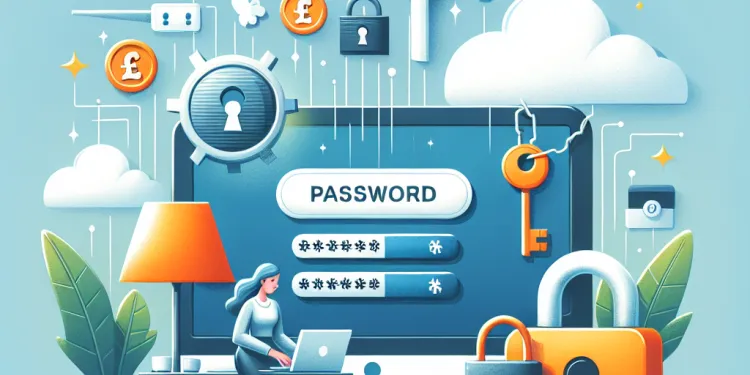
Find Help
More Items From Ergsy search
-

Should I change my passwords regularly?
Relevance: 100%
-

Will changing my password secure my hacked account?
Relevance: 94%
-
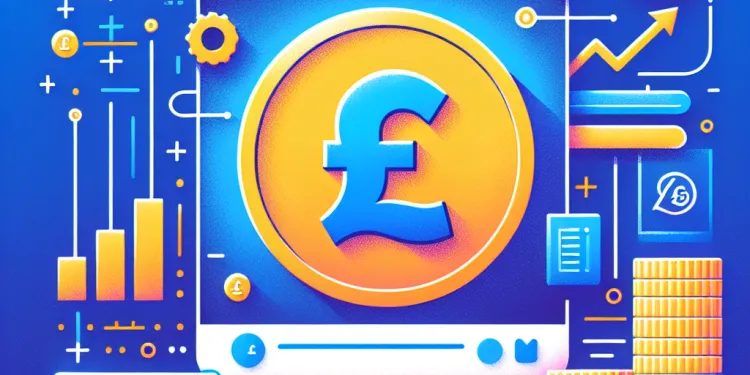
How do I know if my password has been hacked?
Relevance: 91%
-
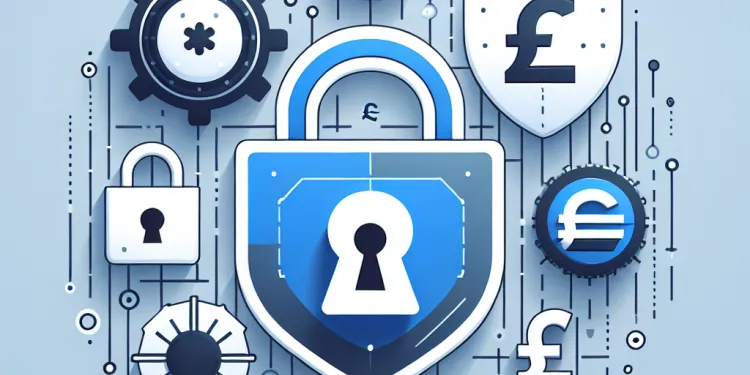
What role do password managers play in data breach prevention?
Relevance: 87%
-

Why am I receiving password reset emails I didn't request?
Relevance: 87%
-
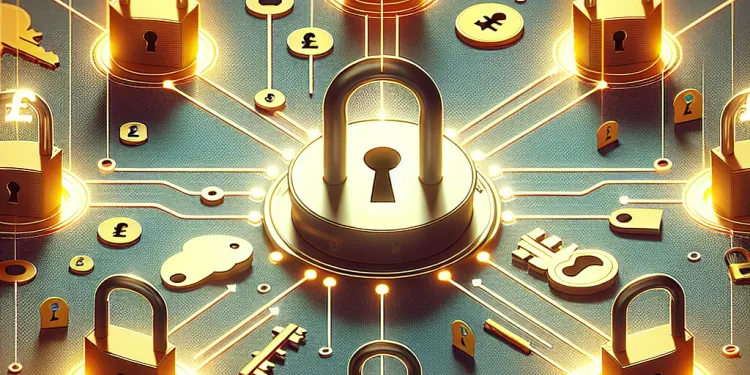
Can using the same password across accounts increase the risk of hacking?
Relevance: 84%
-
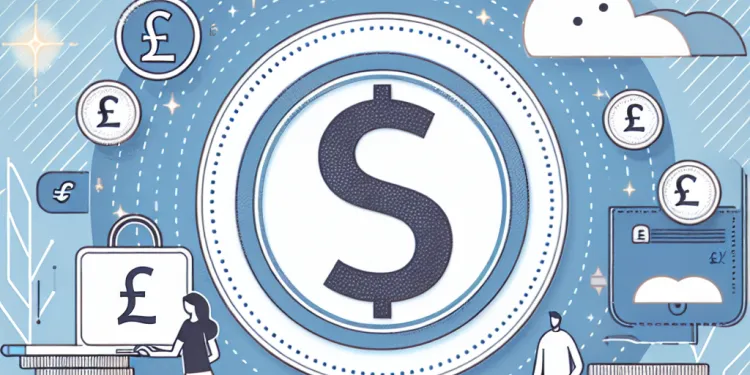
Why am I receiving password change requests that I did not initiate?
Relevance: 65%
-

How do I secure my online accounts?
Relevance: 43%
-
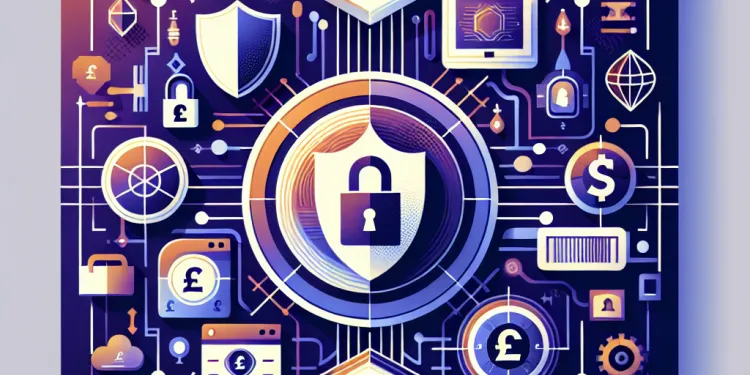
What steps can I take to prevent future hacks?
Relevance: 42%
-
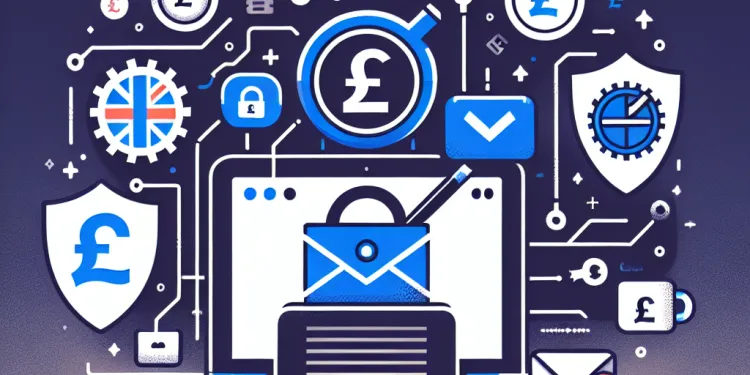
How can I recover a hacked email account?
Relevance: 42%
-
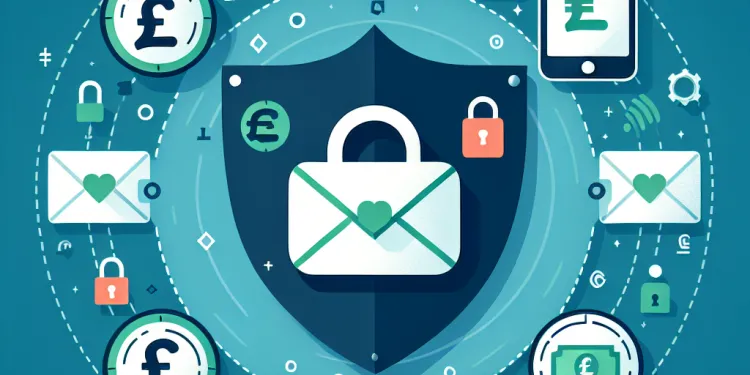
How can I secure my email after a hack?
Relevance: 41%
-
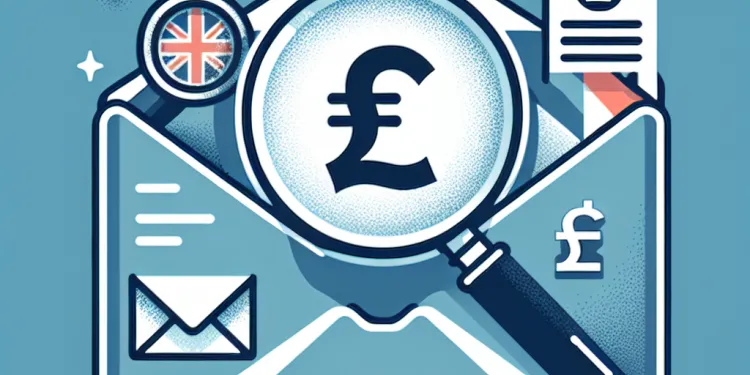
What should I do if I notice unfamiliar emails in my sent folder?
Relevance: 40%
-
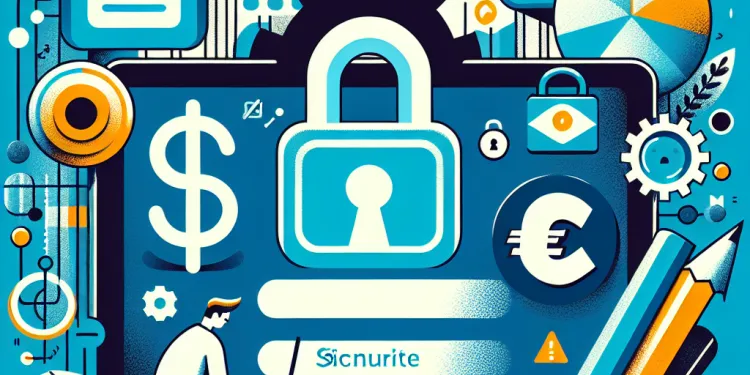
What should I do if I can't log into my account anymore?
Relevance: 40%
-
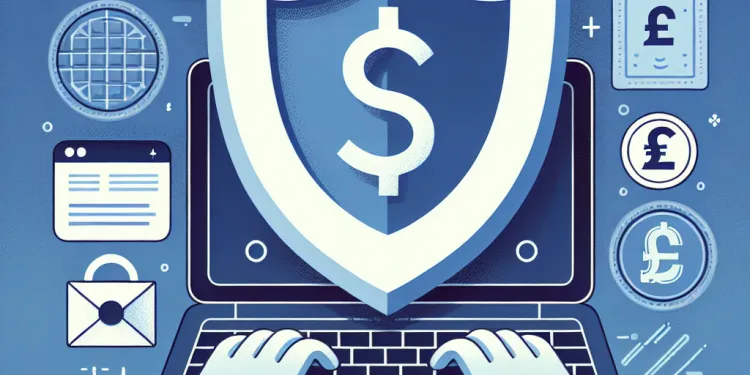
What preventive measures can I take to protect my email from being hacked?
Relevance: 40%
-
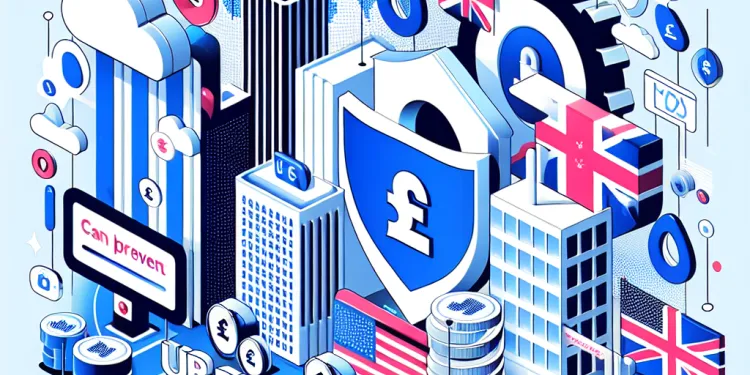
Can I prevent my data from being included in a breach?
Relevance: 39%
-
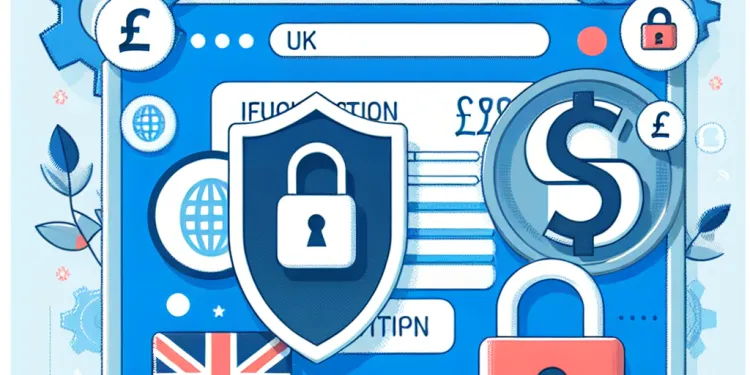
What should I do if I find my information in a data breach?
Relevance: 38%
-
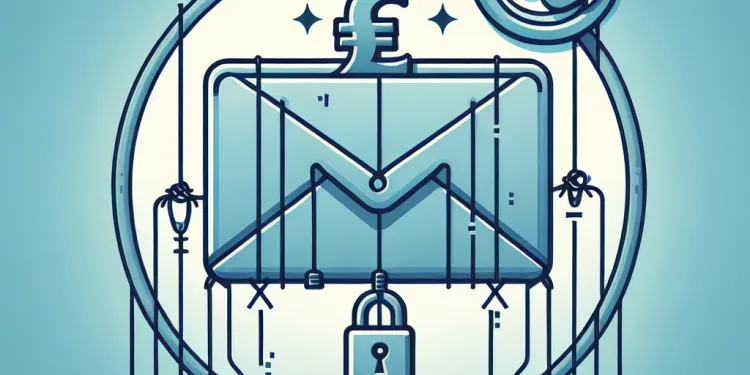
What should I do if I suspect my email has been compromised through phishing?
Relevance: 38%
-
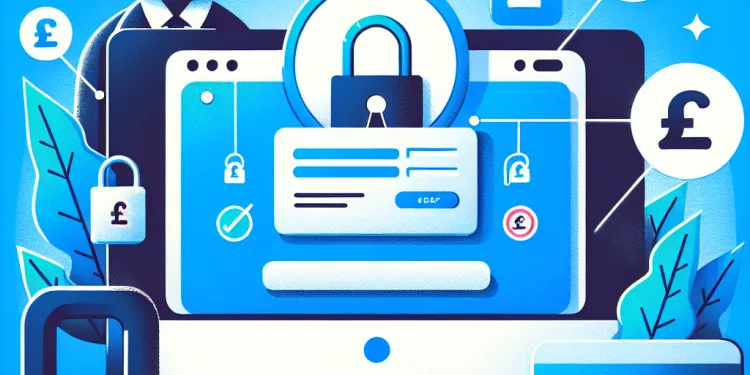
What should I do if I notice suspicious login attempts?
Relevance: 38%
-
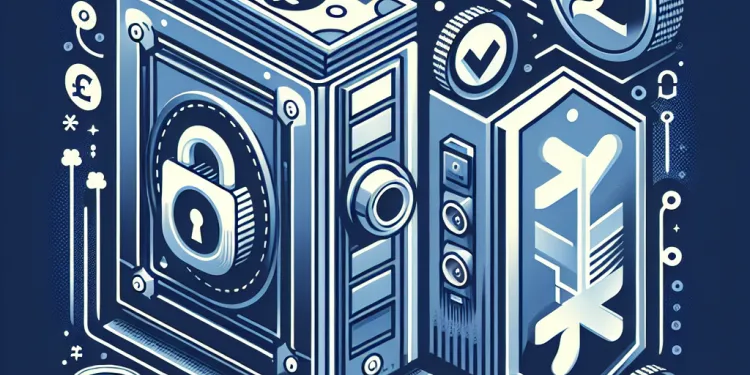
How do I know if my social media accounts have been hacked?
Relevance: 37%
-
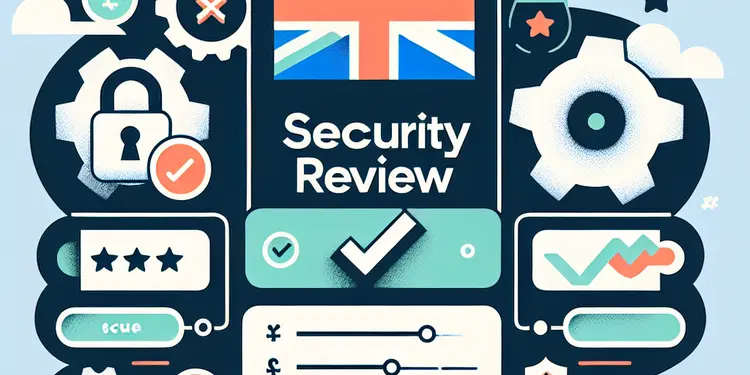
What settings should I regularly review for security?
Relevance: 36%
-
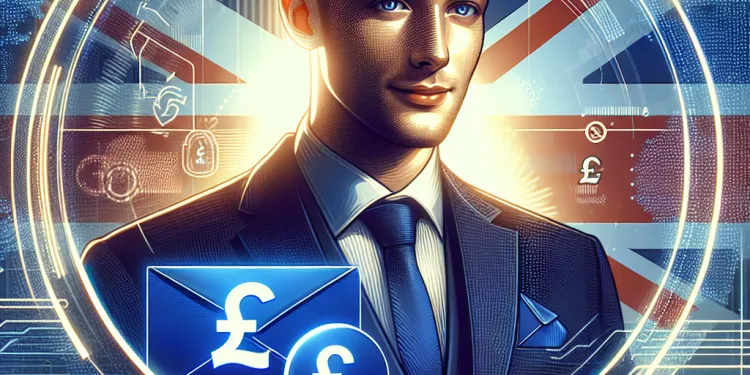
Why does my email appear to be sending spam?
Relevance: 36%
-
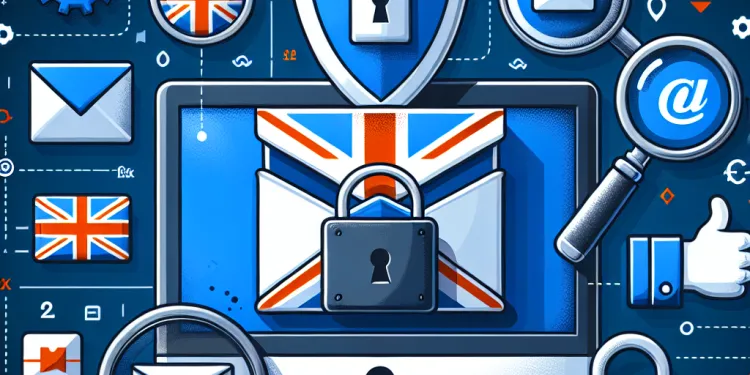
What are some signs that my email might be hacked?
Relevance: 36%
-
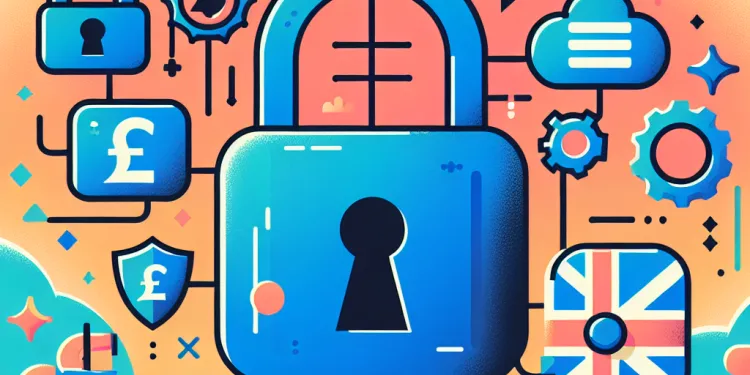
How do I know if my personal information was part of a data breach?
Relevance: 35%
-
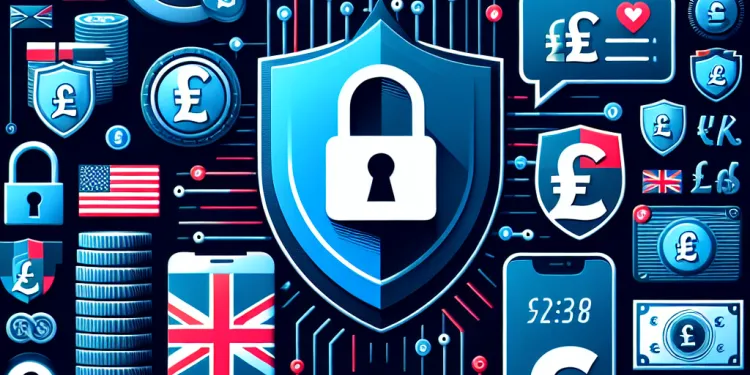
What signs indicate that my social media account might be hacked?
Relevance: 35%
-
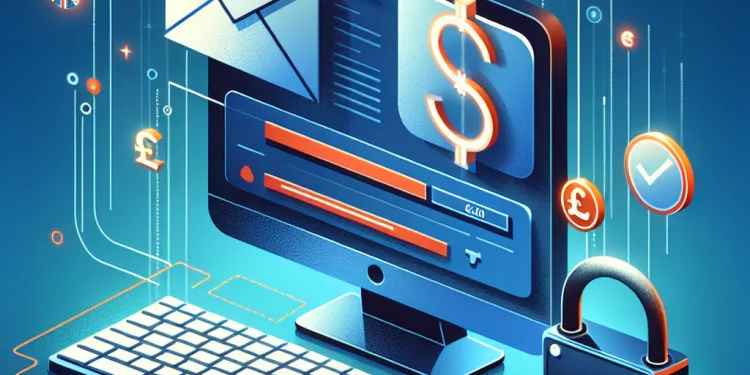
What should I do if I can't access my email account?
Relevance: 35%
-

What information do I need to provide to check for breaches?
Relevance: 34%
-
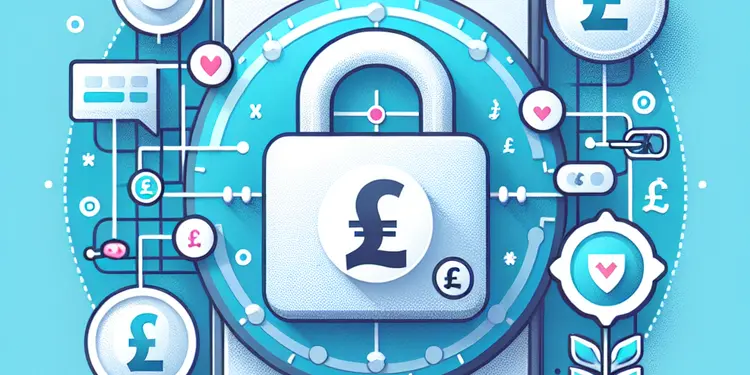
How can I keep my apps secure?
Relevance: 34%
-
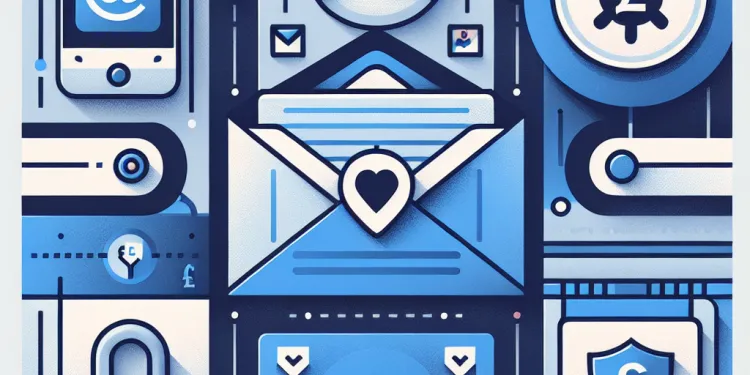
How do I know if my email has been hacked?
Relevance: 34%
-

Can Monzo or Revolut accounts be hacked easily?
Relevance: 34%
-
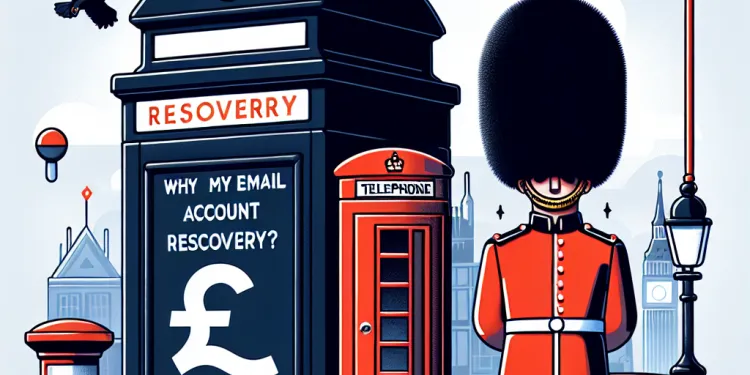
Why have my email account recovery options changed without my knowledge?
Relevance: 33%
-
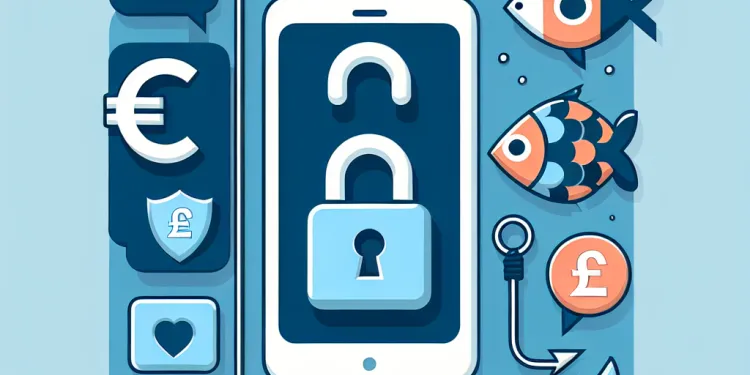
How can phishing attacks lead to social media hacks?
Relevance: 33%
-
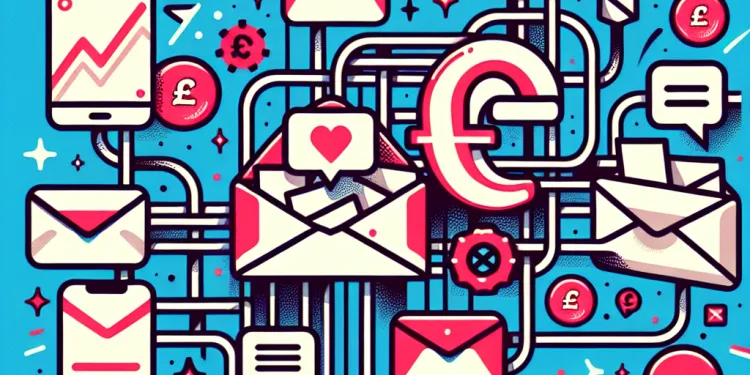
What does it mean if my friends receive spammy messages from my account?
Relevance: 33%
-
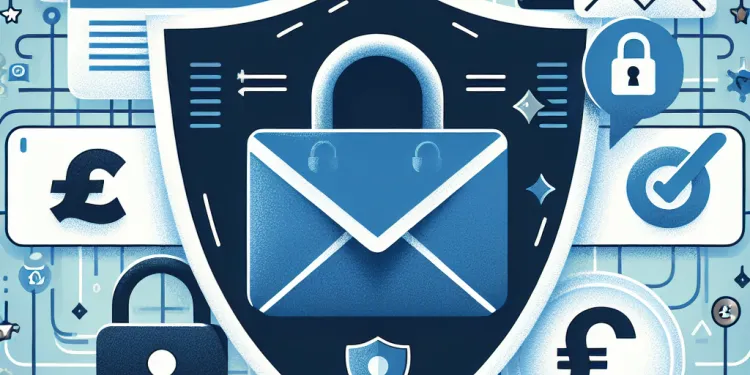
Should I contact my email provider if I suspect hacking?
Relevance: 31%
-
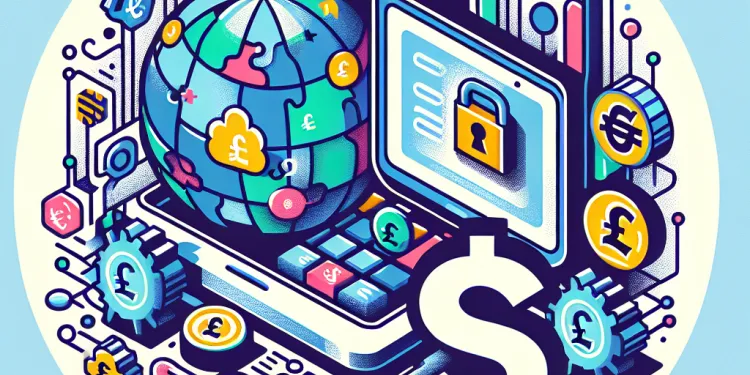
Are there any tools provided by social media platforms to increase security?
Relevance: 31%
-
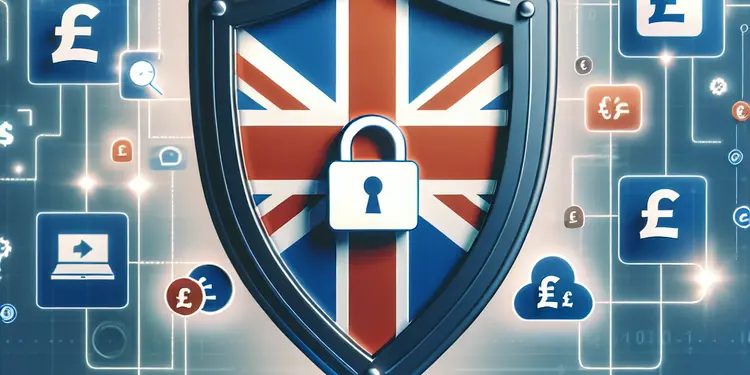
Can scammers access my information through social media?
Relevance: 30%
-
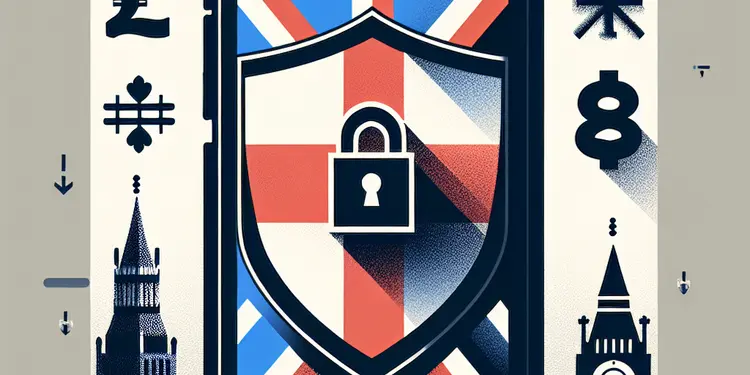
How can I secure sensitive data stored on my phone?
Relevance: 30%
-
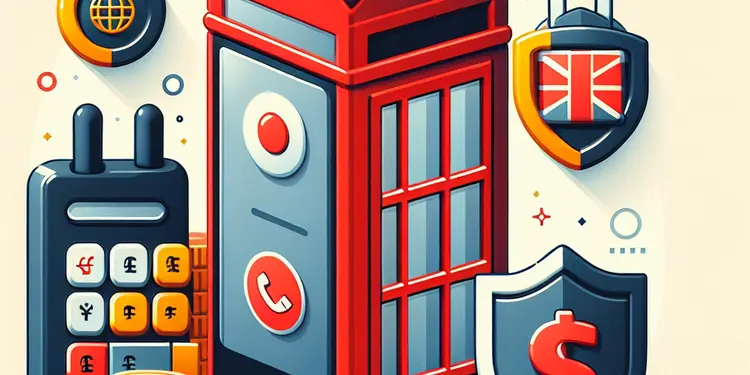
How can I protect my phone from malware?
Relevance: 30%
-

How can I check recent login activity on my email account?
Relevance: 30%
-
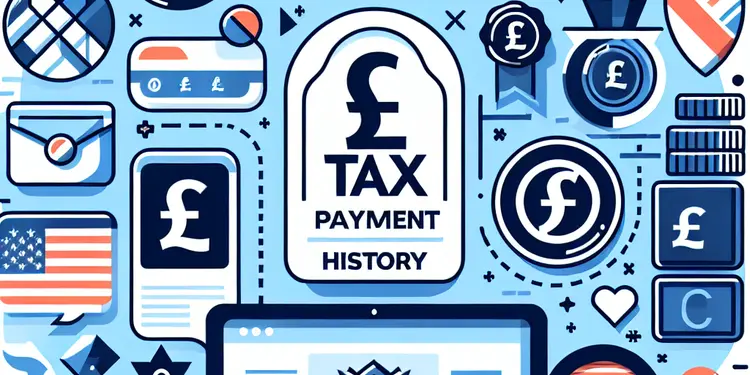
Can I access my Council Tax payment history online?
Relevance: 30%
-

What should I do if I suspect a scam?
Relevance: 29%
Introduction
With the increasing number of cyber threats, many individuals in the UK are concerned about the security of their online accounts. One common piece of advice is to change passwords regularly, but is this really necessary? This article explores whether you should regularly update your passwords and the potential benefits and drawbacks of doing so.
The Importance of Password Security
Passwords are the first line of defense against unauthorized access to personal and sensitive information. In recent years, data breaches and cyber attacks have become more frequent, impacting millions of individuals. Ensuring that your passwords are secure is essential to protecting your personal data from being compromised.
Benefits of Changing Passwords Regularly
One of the main advantages of changing your passwords frequently is that it reduces the risk of continued access if your credentials have been compromised. If a hacker obtains your password and you haven't changed it in a long time, they could potentially gain ongoing access to your accounts. By regularly updating your passwords, you can cut off access and increase your account's security.
Moreover, frequent password changes can help minimize the damage caused by data breaches. If your credentials are included in a leak, timely password changes can prevent unauthorized access to your accounts.
Drawbacks of Regular Password Changes
Despite the advantages, there are also some disadvantages to changing passwords too frequently. Regularly changing passwords can lead to “password fatigue,” where individuals may create simpler and less secure passwords to remember them more easily. This could make accounts more vulnerable to brute force attacks.
In addition, requiring frequent password changes can be inconvenient and may result in users reusing passwords across different accounts, which is a risky practice. It’s also worth noting that many modern security experts argue that changing passwords regularly is less important if strong, unique passwords are used from the outset.
Best Practices for Password Management
Instead of changing passwords routinely, focus on creating strong, unique passwords for each account. A strong password typically includes a mix of uppercase and lowercase letters, numbers, and special characters. Avoid using easily guessable information such as personal names or birthdays.
Consider using a password manager to keep track of your credentials securely. This tool can generate strong passwords for you and store them safely, reducing the likelihood of password reuse. Additionally, enabling two-factor authentication (2FA) on your accounts can add an extra layer of security, making it harder for hackers to gain access.
Conclusion
For most users in the UK, rather than focusing solely on regularly changing passwords, it’s more effective to concentrate on creating strong, unique passwords and using tools like password managers and two-factor authentication to enhance security. Regular updates might be beneficial after a known breach but should not replace good password hygiene and practices.
Introduction
Many people in the UK worry about keeping their online accounts safe from cyber threats. One tip they hear a lot is to change passwords often. But is that really needed? This article will help you understand if you should change your passwords and the good and bad points of doing it.
The Importance of Password Security
Passwords help keep your information safe from people who shouldn’t see it. Lately, there have been more attacks and data leaks that risk many people. Making sure your passwords are strong helps protect your personal information from being stolen.
Benefits of Changing Passwords Regularly
Changing your passwords often can stop hackers from keeping access if they already have your password. If someone finds out your password and you haven’t changed it, they could keep accessing your accounts. By changing your passwords regularly, you can stop them and make your accounts safer.
Also, quick password changes can help limit the harm caused if your data is part of a leak. Changing passwords quickly can keep hackers out of your accounts.
Drawbacks of Regular Password Changes
On the other hand, changing passwords too often can be tiring. It might make you use easier, weaker passwords to remember them better, making accounts less safe. Changing passwords a lot can also be annoying and might make people use the same password for different accounts, which is not safe.
Many experts say it’s not as important to change passwords regularly if you use strong, unique passwords from the start.
Best Practices for Password Management
Instead of changing passwords all the time, make strong, unique passwords for each account. A strong password has big and small letters, numbers, and special symbols. Don’t use easy-to-guess things like names or birthdays.
You can use a password manager to remember your passwords safely. This tool can make strong passwords for you and store them securely. It also helps you avoid using the same password again. Turn on two-factor authentication (2FA) for extra security. This makes it harder for hackers to get in.
Conclusion
In the UK, it’s better to make strong, unique passwords and use tools like password managers and 2FA to keep your accounts safe, instead of just focusing on changing passwords often. But do change them after a known breach, and always use good password habits.
Frequently Asked Questions
Why should I change my passwords regularly?
Changing your passwords regularly can help reduce the risk of unauthorized access to your accounts if your credentials have been compromised.
How often should I change my passwords?
It is generally recommended to change your passwords every 3 to 6 months, or immediately if you suspect a breach.
What are the signs that I need to change my password immediately?
Change your password immediately if you notice suspicious activity on your account, if a service you use has reported a data breach, or if you receive alerts about possible unauthorized access.
Is it safe to use the same password across multiple sites?
No, using the same password across multiple sites increases your risk, as a breach on one site could compromise your accounts on others.
How can I create strong passwords?
Use a mix of uppercase and lowercase letters, numbers, and special symbols. Avoid using easily guessed information like your name or birthdate.
Can password managers help me manage my passwords?
Yes, password managers can help you generate, retrieve, and store complex passwords securely for all your online accounts.
What should I do if I can't remember all my passwords?
Consider using a password manager to keep track of your complex and unique passwords for each account.
Does changing my password prevent hackers from accessing my accounts?
Changing your password reduces the risk of future unauthorized access, but it cannot prevent access if your account is already compromised.
Is it necessary to change my password if I have two-factor authentication enabled?
While two-factor authentication adds an extra layer of security, it's still a good practice to change your passwords regularly.
What should I do if I suspect my account has been hacked?
Immediately change your password, enable two-factor authentication, and check your account’s activity for unauthorized actions.
Are longer passwords more secure than shorter ones?
Generally, yes. Longer passwords, especially those that are complex, are harder to crack than shorter ones.
What is the role of a password policy in a workplace?
A password policy helps ensure that employees use strong, secure passwords and change them regularly, reducing the company's risk of data breaches.
Should I use security questions to protect my account?
Security questions can add another layer, but they should be difficult for others to answer. Avoid easily guessed or publicly available information.
How do hackers typically obtain passwords?
Hackers obtain passwords through methods like phishing, data breaches, brute force attacks, and keylogging malware.
What is a passphrase and how does it compare to a password?
A passphrase is a longer string of text that is typically more secure than a single password because it is harder to guess or crack.
Can changing my password protect me from a phishing attack?
Changing your password can secure your account after a phishing attack, but being vigilant and not providing passwords to phishing attempts is crucial.
What makes a password strong?
A strong password is at least 12 characters long, includes a mix of letters, numbers, and symbols, and avoids dictionary words or easily guessed information.
Is biometric authentication more secure than passwords?
Biometric authentication can be more secure and convenient than passwords, but it should be used in conjunction with strong passwords for maximum security.
What should I avoid when creating passwords?
Avoid using personal information, common words or phrases, and repeating characters or sequences.
How can I check if my password has been compromised?
You can use services like 'Have I Been Pwned' to check if your email or passwords have been exposed in data breaches.
Why should I change my passwords often?
It's good to change passwords a lot. This helps keep your accounts safe. Bad people cannot guess your password if you change it.
Try to pick strong passwords. Use letters, numbers, and symbols. Write them down in a safe place, like a special book.
You can use password apps to help remember them. These are safe and do the hard work for you.
Change your passwords often. This can help keep your accounts safe if someone else learns your password.
How often should I change my passwords?
Change your passwords often. Every 3 months is good. This keeps your accounts safe.
Use a password manager. It helps you remember passwords.
It's a good idea to change your passwords every 3 to 6 months. Change them right away if you think someone else might know them.
How do I know when to change my password right away?
Change your password right away if you see something strange with your account, if a company says your data might not be safe, or if you get messages about someone trying to get into your account without permission.
Is using the same password on different websites safe?
Using the same password for all websites is not safe. This means if someone gets your password, they can get into all your accounts.
Here are some ways to keep your accounts safe:
- Use different passwords for each website.
- Make your passwords strong by using letters, numbers, and symbols.
- Consider using a password manager. This is a tool that helps you remember all your passwords.
No, don't use the same password for different websites. If someone gets your password from one site, they can get into your other accounts too.
How can I make strong passwords?
Here is how to make a strong password:
- Make it long. Use lots of letters.
- Mix big and small letters.
- Use numbers and symbols, like 1, 2, @, and #.
- Don't use your name or birthday.
- Make it different for each account.
You can use password manager apps. They help you save and remember your passwords.
Make your password strong by using big and small letters, numbers, and special symbols. Don't use things people can guess easily, like your name or birthday.
Can password managers help me with my passwords?
Do you have trouble remembering your passwords? A password manager can help you. It can keep all your passwords safe in one place. This way, you only need to remember one password to unlock the manager.
Password managers can also help you create strong passwords. This makes your accounts safer.
Here are some tips for using a password manager:
- Choose a manager that is easy for you to understand.
- Make sure the password for your manager is strong and known only to you.
- Write down your manager's password and keep it in a safe place.
Yes, password managers can help you make, find, and keep strong passwords safe for all your online accounts.
What can I do if I forget my passwords?
If you can't remember your passwords, don't worry. Here are some simple things you can do:
- Write them down: Use a notebook to write your passwords. Keep it in a safe place.
- Use a password manager: This is a tool that remembers your passwords for you.
- Make them easy: Use words or numbers that are special to you but hard for others to guess.
- Ask for help: A family member or friend can help you set up a system.
Think about using a password manager. It can help you remember all your hard and special passwords for each of your accounts.
Can changing my password stop bad people from getting into my accounts?
Changing your password can help keep your accounts safe. Here are some tips:
- Use a strong password with letters, numbers, and symbols.
- Make it different from your old passwords.
- Write it down in a safe place so you don't forget.
- Ask an adult or friend to help if you get stuck.
Changing your password can help keep your account safe in the future. But if someone already has access to your account, just changing your password won't stop them.
It's a good idea to use tools that make passwords stronger. You can also ask for help if you're unsure what to do.
Do I still need to change my password if I use two-factor authentication?
You use a password to keep your account safe. Two-factor authentication (2FA) adds extra safety. It's like a second lock.
But passwords can still get lost or stolen. Changing your password can help keep you safe.
If you need help, ask a friend or use a password manager app. These tools can help you remember and create strong passwords.
Using two-factor authentication makes your accounts safer. But it's still smart to change your passwords often.
What to Do if You Think Someone Hacked Your Account
If you think someone got into your account, follow these steps:
- Change Your Password: Make a new, strong password. Use letters and numbers.
- Check Account Details: Look to make sure your email and phone number are correct.
- Look for Strange Activity: Check if anything looks different or strange in your account.
- Log Out Other Devices: Make sure only you are logged in. Log out of all other devices.
- Contact Support: Tell the support team. They can help you keep your account safe.
Use tools like password managers to help remember strong passwords. Ask an adult for help if you need it.
Change your password right away. Turn on two-factor authentication for extra security. Look at your account to see if anything has happened that you didn't do.
Are longer passwords safer than shorter ones?
A longer password is safer because it is harder for someone to guess. A short password is easier to guess.
Here are some tips for making strong passwords:
- Use at least 12 letters, numbers, and symbols mixed together.
- Do not use easy words like "password" or "1234."
- Try using a phrase you can remember, like a short sentence.
Tools that can help:
- Password Manager: Keeps all your passwords safe in one place and helps create strong ones.
- Password Checker: Tells you if your password is strong or weak.
Yes, longer passwords are usually better. They are harder to figure out if they are long and tricky.
What Does a Password Policy Do at Work?
A password policy tells you how to make safe passwords at work. It helps keep computers and information safe.
This policy has rules like:
- Make passwords long and strong.
- Change passwords often.
These rules help stop bad people from getting into the computers.
If it is hard to remember passwords, you can use:
- A password manager to keep them safe.
- Tips for making passwords, like using words with numbers.
A password policy is a set of rules for creating passwords. It helps keep company information safe. Workers should use strong passwords and change them often. This way, it's harder for bad people to steal data.
Are security questions a good way to keep my account safe?
Security questions can help keep your account safe. But they are not perfect.
Here are some things to think about:
- Sometimes, other people can guess your answers. Be careful with your answers.
- Pick questions that are hard for others to guess. For example, "What is your favorite ice cream?"
- Write down your answers and keep them in a safe place.
- Use tools like password managers to help remember your answers.
- Ask someone you trust for help if you are not sure.
Remember: It is important to keep your information safe!
Security questions help keep your account safe. It's important to pick questions that are hard for other people to guess. Don't use answers that are easy to find out, like your birthday or pet's name.
How do bad people get passwords?
Bad people called hackers can steal passwords in different ways. They might pretend to be someone you trust and trick you into giving your information. Sometimes, they break into places that keep lots of people's data. They might try lots of different passwords until they find the right one, or they use special programs to watch what you type on your computer.
It’s important to keep your passwords safe! You can use tools like password managers to help you remember strong passwords. Always be careful about clicking on links or sharing your personal information with people you don’t know.
What is a Passphrase and How is it Different from a Password?
A passphrase is like a long password. It is a sentence or group of words that you use to keep your things safe.
A password is usually one word or a mix of letters, numbers, and symbols.
Passphrases are often easier to remember and can be safer because they are longer.
To help you remember your passphrase, try using a favorite song lyric or a line from a book.
Remember to keep your passphrase secret and don't share it with others.
A passphrase is a long group of words. It is safer than a short password because it is harder for others to guess.
Will a new password keep me safe from trick emails?
When someone tries to trick you with emails or messages, it’s called a phishing attack. Changing your password can help keep you safe from these tricks!
Here are some tips to stay safe:
- Use a strong password. Make it long and use numbers and symbols.
- Change your password often. This makes it harder for others to guess.
- Don’t click on links or open attachments if you’re not sure who sent them.
- Use password managers to help remember your passwords.
- Turn on two-step login to add an extra layer of security.
These steps can help keep your information safe!
Changing your password can keep your account safe if someone tries to trick you to get your password. Be careful and never give your password to anyone trying to fool you.
How do you make a strong password?
A strong password is one that is hard for others to guess. Here is how to make one:
- Use a mix of big and small letters (like A and a).
- Add numbers (like 1, 2, 3).
- Include symbols (like !, @, #).
- Make it at least 8 letters long.
- Try not to use common words or your name.
- Change it often.
Helpful tip: Use a password manager to keep track of your passwords.
A strong password is very important.
Here is how to make a strong password:
- It should have at least 12 characters.
- Use a mix of letters, numbers, and symbols.
- Do not use common words or easy information like your name or birthday.
Is using your face or fingerprint safer than a password?
Using your body like your fingerprint or face to unlock things can be safer and easier than using passwords. But it's best to use both your body and a strong password together to keep your stuff really safe.
What things should I not do when making passwords?
Don't use your name, birthday, or other personal details in passwords. Don't use words or phrases that are easy to guess. Avoid using the same letter or number many times in a row.
How can I see if my password is safe?
Here is how you can check:
- Use a website like Have I Been Pwned. It is easy to use.
- Write your email or username into the website. It will tell you if your password is not safe.
- You can also use password manager apps. They help keep your passwords strong and safe.
Remember:
- Do not use the same password for different websites.
- Make sure your password has letters, numbers, and symbols.
- Change your password if it is not safe.
Ask someone for help if you need it. It is okay to ask questions!
You can use a website called 'Have I Been Pwned' to see if your email or passwords have been stolen.
Useful Links
Have you found an error, or do you have a link or some information you would like to share? Please let us know using the form below.
-->
This website offers general information and is not a substitute for professional advice.
Always seek guidance from qualified professionals.
If you have any medical concerns or need urgent help, contact a healthcare professional or emergency services immediately.
Some of this content was generated with AI assistance. We’ve done our best to keep it accurate, helpful, and human-friendly.
- Ergsy carfully checks the information in the videos we provide here.
- Videos shown by Youtube after a video has completed, have NOT been reviewed by ERGSY.
- To view, click the arrow in centre of video.
- Most of the videos you find here will have subtitles and/or closed captions available.
- You may need to turn these on, and choose your preferred language.
- Go to the video you'd like to watch.
- If closed captions (CC) are available, settings will be visible on the bottom right of the video player.
- To turn on Captions, click settings .
- To turn off Captions, click settings again.
More Items From Ergsy search
-

Should I change my passwords regularly?
Relevance: 100%
-

Will changing my password secure my hacked account?
Relevance: 94%
-

How do I know if my password has been hacked?
Relevance: 91%
-

What role do password managers play in data breach prevention?
Relevance: 87%
-

Why am I receiving password reset emails I didn't request?
Relevance: 87%
-

Can using the same password across accounts increase the risk of hacking?
Relevance: 84%
-

Why am I receiving password change requests that I did not initiate?
Relevance: 65%
-

How do I secure my online accounts?
Relevance: 43%
-

What steps can I take to prevent future hacks?
Relevance: 42%
-

How can I recover a hacked email account?
Relevance: 42%
-

How can I secure my email after a hack?
Relevance: 41%
-

What should I do if I notice unfamiliar emails in my sent folder?
Relevance: 40%
-

What should I do if I can't log into my account anymore?
Relevance: 40%
-

What preventive measures can I take to protect my email from being hacked?
Relevance: 40%
-

Can I prevent my data from being included in a breach?
Relevance: 39%
-

What should I do if I find my information in a data breach?
Relevance: 38%
-

What should I do if I suspect my email has been compromised through phishing?
Relevance: 38%
-

What should I do if I notice suspicious login attempts?
Relevance: 38%
-

How do I know if my social media accounts have been hacked?
Relevance: 37%
-

What settings should I regularly review for security?
Relevance: 36%
-

Why does my email appear to be sending spam?
Relevance: 36%
-

What are some signs that my email might be hacked?
Relevance: 36%
-

How do I know if my personal information was part of a data breach?
Relevance: 35%
-

What signs indicate that my social media account might be hacked?
Relevance: 35%
-

What should I do if I can't access my email account?
Relevance: 35%
-

What information do I need to provide to check for breaches?
Relevance: 34%
-

How can I keep my apps secure?
Relevance: 34%
-

How do I know if my email has been hacked?
Relevance: 34%
-

Can Monzo or Revolut accounts be hacked easily?
Relevance: 34%
-

Why have my email account recovery options changed without my knowledge?
Relevance: 33%
-

How can phishing attacks lead to social media hacks?
Relevance: 33%
-

What does it mean if my friends receive spammy messages from my account?
Relevance: 33%
-

Should I contact my email provider if I suspect hacking?
Relevance: 31%
-

Are there any tools provided by social media platforms to increase security?
Relevance: 31%
-

Can scammers access my information through social media?
Relevance: 30%
-

How can I secure sensitive data stored on my phone?
Relevance: 30%
-

How can I protect my phone from malware?
Relevance: 30%
-

How can I check recent login activity on my email account?
Relevance: 30%
-

Can I access my Council Tax payment history online?
Relevance: 30%
-

What should I do if I suspect a scam?
Relevance: 29%


